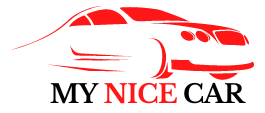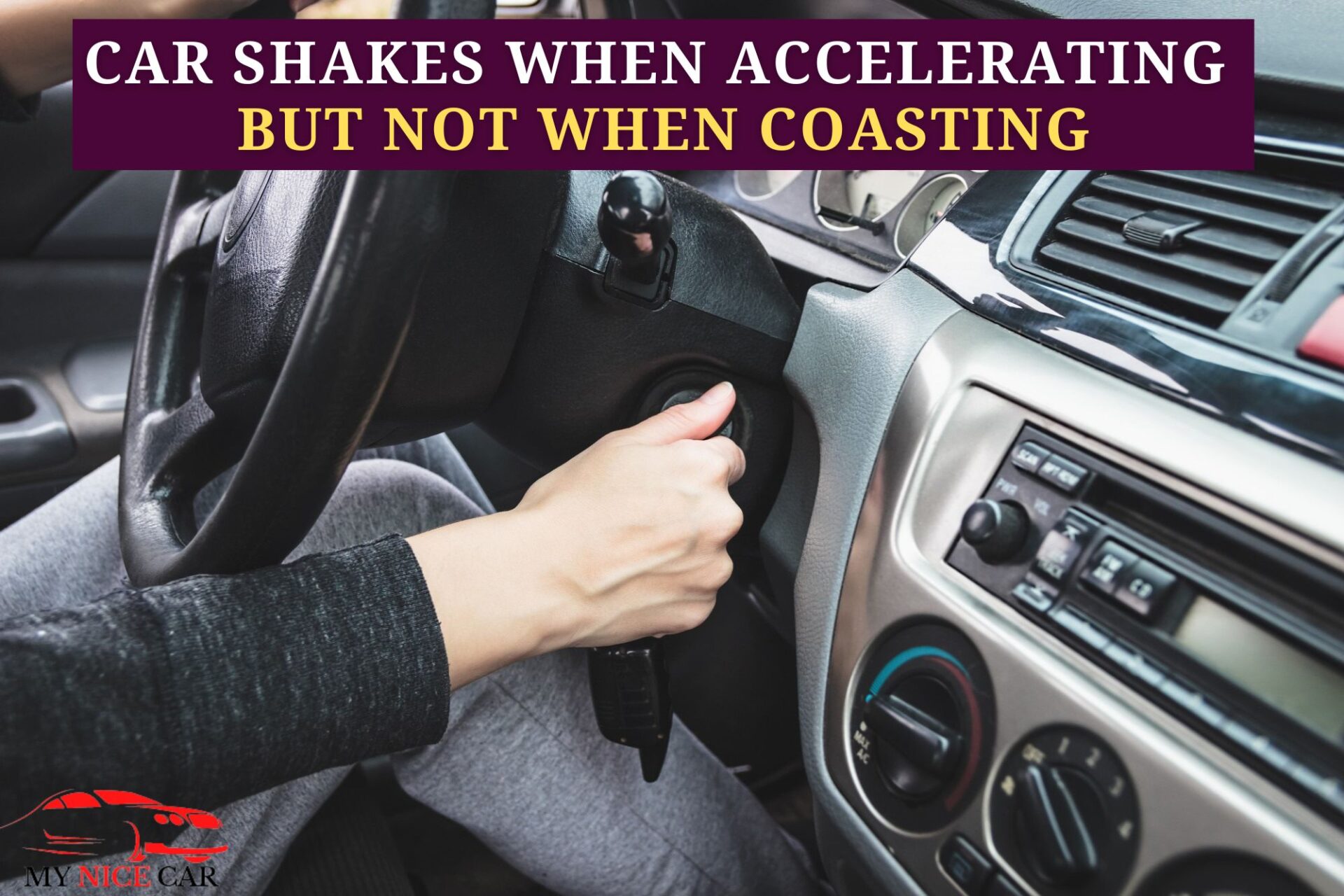When accelerating, most people experience car shakes when accelerating but not when coasting. This can result in a lot of unpleasant situations and frustration. However, even though some potential causes are more obvious than others, it can be difficult to determine the cause of your car shaking without professional assistance.
One of the main causes of a car shaking and vibrating is less frequent maintenance. However, this issue may also be caused by internal issues.
When accelerating through the transmission, you should pay attention to your vehicle’s shakes if you want to protect it from further damage.
Let’s get right to the point: the things that might cause a car to shake when accelerating but not when coasting are the focus of this article.
The Root Causes of Car Shaking During Acceleration
Let’s get right to the point: the things that might cause a car to shake when accelerating but not when coasting are the focus of this article.
1) Stuck Brake Caliper
Vehicle vibrations can occur if a wheel’s brake caliper is defective and causes it to stick. As you get closer to 40-50 miles per hour in this particular scenario, the steering wheel will be the one that vibrates. As you continue to accelerate at higher speeds, the vibrations will become worse. You will probably smell something resembling burning when you stop the car.
On the off chance that you suspect a stuck brake caliper, you ought to have the option to sort out which wheel it’s utilizing your nose because of the smell. All of the components of the brake system need to be inspected, with the caliper bolts, slides, and piston, in particular, getting your attention. While failing brake components will need to be replaced, sometimes all that is required is a simple cleaning and re-lubrication of the components.
2) Broken CV joint
The CV joint typically causes many shaking issues. The vehicle wheel is connected to the CV joint, which should always be in good shape. You will begin to notice shaking behaviors, particularly when accelerating when this joint is worn out or has issues.
The CV joint can become damaged for a variety of reasons, including the accumulation of dirt and other contaminants throughout the component, which causes it to wear out more quickly than usual. When there is insufficient lubrication, you may also encounter CV joint issues; in this case, your mechanic may lubricate the CV joint and resolve the issue.
3) Unbalanced Tires
The unbalanced tires on your ride could be another reason why your vehicle shakes when accelerating. There is a possibility that your tires have not been set correctly if you have them changed. As a result, these tires will not be able to distribute the weight evenly if they become attached to the wheel.
Small vibrations can result from this imbalance in weight. The shake in your vehicle becomes more observable with increasing speed. As a result of the tires’ inability to support the weight, you can even feel the steering wheel shake. Therefore, if you notice that your car is shaking at a constant speed and gets worse as you speed up, an uneven tire could be to blame.
4) Bent vehicle axle
A bent axle is another common cause of situations in which your vehicle shakes when accelerating but not when coasting. Because everything on the best vehicle is connected to this axle, it should be in perfect condition. If the axle is bent in any way, it creates an imbalance in the vehicle and causes your car to shake.
A bent axle is dangerous because it can easily affect your car’s ability to drive and even cause significant other problems that could affect the parts around it.
When you are in a serious car accident or when something hits your vehicle, the most common cause of an event vehicle axle is an impact.
Practical Solutions to Deal with Car Shaking When Accelerating
It is time to learn about the solutions to the various causes of car shakes when accelerating now that you are aware of them.
You need to be aware that not every issue is minor or severe. Some problems might be manageable on your own, while others might necessitate professional assistance.
Therefore, if you want to be fully prepared for the future, try to keep an open mind and learn from your mistakes.
Spark Plugs
If the issue is with the spark plug, you should check the owner’s manual for your vehicle to make sure that it is not time to change the spark plugs. If that’s the case, you need to change the spark plugs right away.
There are a few arrangements where your technician could assist you with cleaning increasing these item plugs if there’s an opportunity, yet this isn’t generally an answer, and you should be ready to supplant specific parts as you’re managing your concern.
Greasiness
As was mentioned earlier, parts acting out and causing friction can occur when there is insufficient lubrication.
As a result, you need to check the level of your transmission fluid and change it. However, there are things you must take care of:
When changing the oil or fluid, you should always turn off your vehicle.
Choose a fluid that is appropriate for your engine. To be certain, you can look for it in the owner’s manual for your vehicle.
Be careful not to use too much fluid.
Start the engine for a few minutes after pouring it to let the fluid move around the parts.
Conclusion
Cars are very complicated, and unless you’re a professional mechanic, it can be hard to figure out an internal issue. However, before meeting with a mechanic, you can anticipate car issues by learning a few things about common issues. When your car starts shaking, it’s a very scary situation. However, if you do not provide additional details, it may still be difficult for your mechanic to identify the issue.
Driving in a shaking vehicle can be very difficult, which could result in car accidents and other negative consequences. As a result, whenever your car starts shaking, you need to keep an eye on it to see if it’s a one-time occurrence or something that happens frequently because it could be a sign of an internal issue.
FAQ Regarding The Car Shakes When Accelerating but not when coasting
Q.1) Can tire issues cause a car to shake only during acceleration?
Yes, worn-out or imbalanced tires can cause a car to shake when accelerating. Uneven tire wear or misaligned wheels can also contribute to this problem.
Q.2) Is it dangerous to drive a car that shakes during acceleration?
Driving a car that shakes during acceleration can be dangerous as it may indicate a critical underlying problem. It could lead to a loss of control, resulting in an accident.
Q.3) Can a dirty fuel filter cause a car to shake during acceleration?
Yes, a dirty fuel filter can restrict the fuel released in the engine. Regularly replacing the fuel filter as part of routine maintenance can prevent this issue.
Q.4) Are there any DIY solutions for fixing a car that shakes during acceleration?
There may be several DIY solutions, such as replacing spark plugs or cleaning the air filter.

